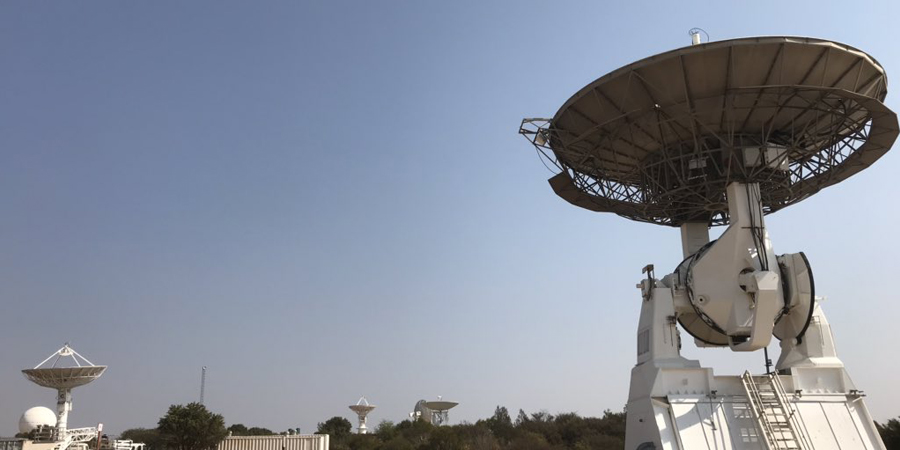The Uganda cabinet approved the project to build a satellite station in the country, its main objective will be developing Uganda’s space capabilities in a well-coordinated and harmonized manner.
According to Judith Nabakooba, the Minister of Information and Communication Technology, many benefits arise from this station, mainly:
- Increased evidence-based technology information for planning and decision making
- Improved space science and technology infrastructure to support research for industrial development for the country
- Improved defense and security through improved capabilities for cross border movement monitoring and surveillance for the country
- Increased private sector investment in space science, technology, research and innovation. This will, in the end, enhance foreign direct investment and collaborations, which will, in turn, attract or spur development for new technologies in the country.
- Improved national earth observation and remote sensing centers for the country
- Improved application of space science and technology to the social, economic, political and environmental needs of the country while ensuring that Uganda also becomes a significant user and player of the outer space
- Increased Human Resource capacity to facilitate the development of space technology in the country.
In 2019, the Ugandan Minister of Science, Technology, and Innovation announced the country had set aside a budget for capacity development in the area of satellite development, which will see the nation launch its first satellite by 2022. In 2020, the International University of East Africa (IUEA) also submitted an application to the Uganda Communication Commission (UCC) to be able to build and launch an education satellite named Satellite One (IUEA UGA. SAT 1).
Other East African countries that have launched satellite into space are Ethiopia, Kenya and Rwanda.
